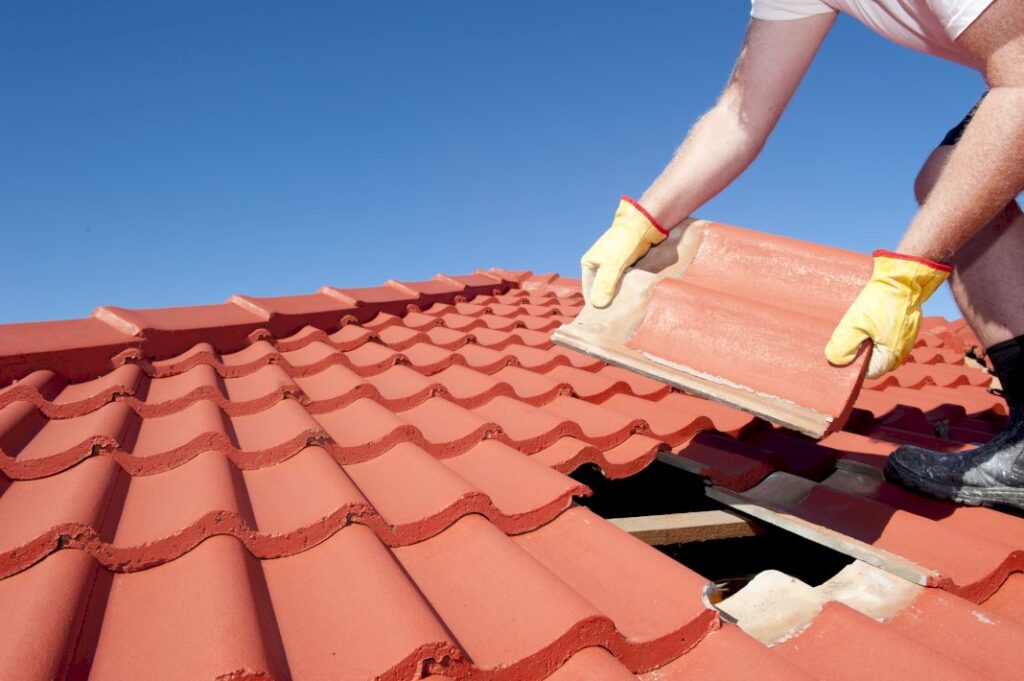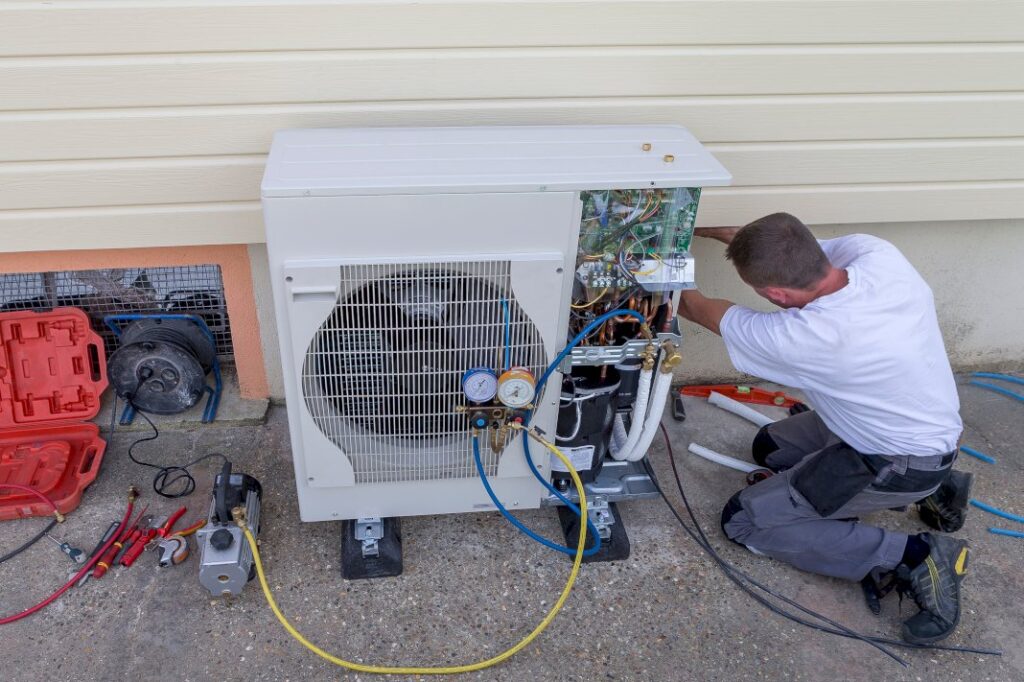Buying a home is one of the most significant financial decisions most people will make, and careful consideration is crucial to making the right choice. Prioritizing maintenance factors is critical, as these can significantly impact your home’s overall cost, comfort, and longevity.
According to the U.S. Census Bureau, American homeowners spend approximately $567 billion annually on home improvement and maintenance costs. These statistics underscore the importance of evaluating the maintenance aspects of a potential home before purchasing. A property with high-quality construction, newer appliances, and up-to-date systems can dramatically reduce maintenance costs and potential headaches down the line.
So when you decide to invest in a real estate property, you must already be thinking about the maintenance that comes with it. Here are some key considerations to prioritize:
Roof Inspections

The roof is one of the most critical aspects of any property. It shields your home from environmental elements, ensuring the safety and comfort of your family. Inspecting a roof before buying can help identify potential problems, from leaks to structural damage, saving you from expensive repairs in the future.
Regular Maintenance
Consistent maintenance goes a long way in prolonging the life of your roof. Regular checks can help detect minor issues before they escalate into major ones. This includes clearing debris from the roof and gutters, checking for damaged or missing shingles, and inspecting for signs of water damage or rot.
Hiring a Professional
For a thorough roof inspection, consider hiring a professional. They possess the necessary skills and tools to perform a detailed evaluation. They can spot issues that untrained eyes might miss and provide valuable advice on maintaining your roof’s condition.
Repair vs. Replacement
Finally, assess whether a repair or replacement is more cost-effective. Minor damages can be fixed with repairs, but if the roof is nearing its lifespan or has extensive damage, replacement might be the more economical choice in the long run. Always weigh the costs of both options before making a decision. Should you decide on the former, you should consider services specializing in roof repair to ensure that the job is done correctly and safely.
Comfort Features

Comfort features in a home go beyond just aesthetic appeal. They significantly contribute to your quality of life, impacting your physical and mental health. A comfortable home is a place of rest and rejuvenation where you can truly relax and enjoy your surroundings. When buying a new home, evaluating these features and considering potential improvements to enhance comfort and functionality is essential.
Insulation and Temperature Control
One crucial aspect of home comfort is temperature control. A well-insulated home maintains a consistent temperature, reduces energy costs, and minimizes environmental noise. For optimal temperature control, consider installing thermal insulation in the attic, walls, floors, and basements. Additionally, ensure that the HVAC system works well for efficient heating and cooling throughout the year.
Lighting
Lighting has a profound impact on mood, productivity, and overall well-being. Natural light is incredibly beneficial, so look for properties with ample windows, skylights, or sunrooms. For artificial lighting, consider energy-efficient options such as LED lights and install dimmers for adjustable lighting levels.
Outdoor Spaces
Outdoor spaces like gardens, patios, and balconies can significantly enhance the comfort and appeal of a home. These areas provide relaxation, entertainment, and a connection with nature. Consider landscaping the garden, adding comfortable outdoor furniture, or installing a patio deck to make the most of your outdoor space.
Noise Control
Excessive noise can significantly disrupt comfort and peace at home. Consider properties in quieter neighborhoods, away from busy highways or commercial areas. Consider soundproofing measures such as double-glazed windows, thick curtains, or acoustic panels for added noise control.
Smart Home Integration
Integrating smart technology into your home is an excellent way to improve convenience, comfort, and safety. Smart automation can monitor energy consumption, alert you to security threats, and suggest lifestyle modifications for optimal living. Smart home integration may also increase the value of the property should you ever decide to resell it.
Smart thermostats, for instance, can monitor and maintain a comfortable temperature throughout the day. Smart sensors can detect gas leaks or water damage and alert you to threats. Motion-activated lights provide convenience while also deterring unwanted intruders. Look into the capabilities of various home automation systems before investing in one to ensure it meets your needs.
Final Thoughts
Evaluating the maintenance factors is essential for your comfort and savings when buying a home. Prioritizing roof inspections, regular maintenance, and comfort features are all critical considerations. Smart home integration is also an excellent way to improve convenience and safety. Considering these points can help you make a more informed decision when investing in real estate property.
For more valuable information visit our website.





